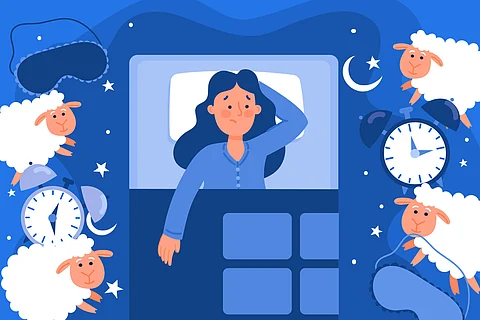How Did It Come About?
The Uberman method got its name from the idea of being an “überman” — a concept popularised by philosopher Friedrich Nietzsche, referring to a superhuman or someone beyond normal limits. The goal? To maximise waking hours and productivity while minimising sleep time.
Some early adopters were extreme productivity enthusiasts, astronauts, or even programmers who felt like 24 hours just wasn’t enough for everything they wanted to do.
Interestingly, historical figures like Leonardo da Vinci are often cited as early practitioners of polyphasic sleep patterns similar to the Uberman Sleep Method. Da Vinci reportedly adopted a schedule consisting of multiple short naps throughout the day, which purportedly allowed him to increase his waking hours for creative and intellectual pursuits.
While there is no definitive evidence that he followed the exact Uberman protocol, his unconventional sleep habits exemplify the long-standing human curiosity with optimising sleep for enhanced productivity.
In modern times, a few high-profile entrepreneurs and innovators have experimented with polyphasic sleep to extend their active hours. However, due to the challenges in maintaining such a schedule and potential health risks, it remains a niche practice rather than a broadly recommended approach.


